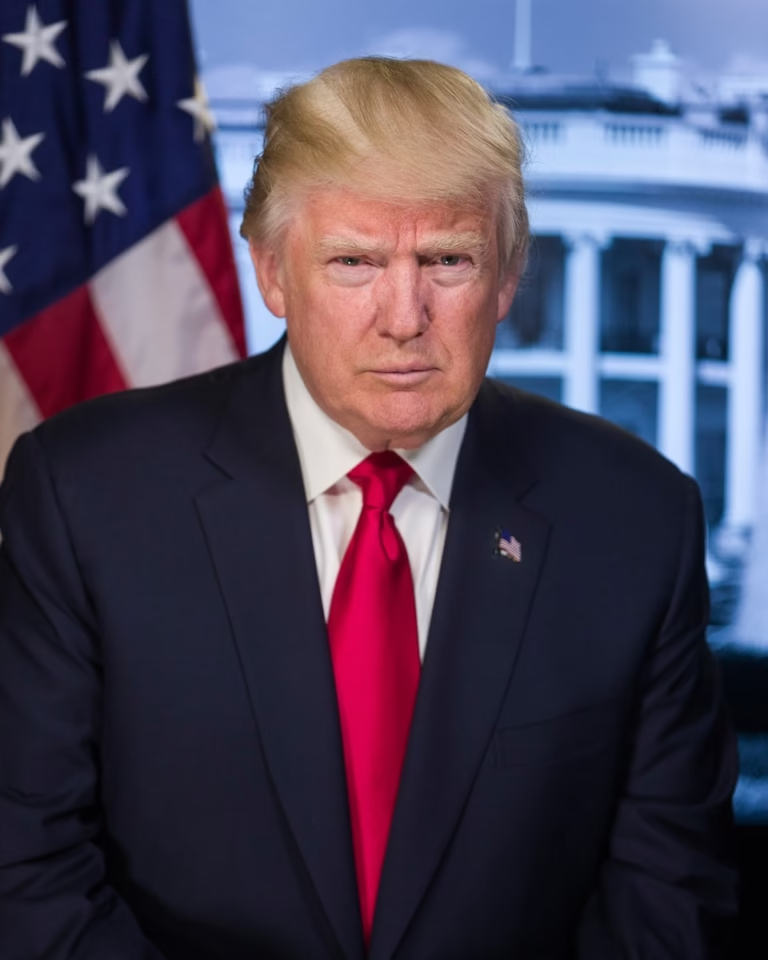Key Takeaways
- A former Justice Department attorney slammed Trump’s $200 million demand as an obvious conflict.
- The attorney said asking DOJ to pay Trump is both illegal and unethical.
- Two Trump appointees could face professional discipline if they help with this “shakedown.”
- Legal experts warn that handling this case could trigger Bar Association probes.
A top former DOJ attorney spoke out on MSNBC about President Trump’s demand for over $200 million from the Justice Department. He said this request is a clear example of a DOJ shakedown. In his view, Trump cannot be both the complainant and the judge in his own case. The attorney called the ethics rules “absolutely clear” and warned of major legal troubles if the demand moves forward.
Why the DOJ Shakedown Raises Big Questions
First, Trump asks the Justice Department to pay him money. Then, he would oversee any complaint about how DOJ treats him. That setup makes no sense under U.S. law. Even if Trump proves that DOJ targeted him unfairly, a career attorney must handle the claim, not the president. This safeguard ensures fair treatment for every American.
Moreover, a DOJ shakedown would shift a huge burden onto taxpayers. As the former DOJ attorney put it, “That’s the last thing on God’s green earth that he wants.” If successful, the president would effectively use taxpayer money to settle a personal dispute. Critics say this choice bends justice to private ends.
Legal and Ethical Issues Explained
According to the former DOJ lawyer, ethics rules forbid a public official from pursuing personal claims with public funds. He stressed that DOJ rules require an objective review by career attorneys. These experts have no political ties and guard the department’s integrity.
Additionally, the attorney warned about conflicts of interest. If Trump’s loyalists oversee his payment demand, they breach ethical duties. Such conflicts risk undermining public trust. In turn, they could face investigations by professional oversight bodies.
Finally, the attorney pointed out that even proving a targeting claim is tough. Trump would have to convince a judge that DOJ actions violated his rights. He would need to gather strong evidence. That process would put Trump in court, something his team likely wants to avoid.
A Warning to Bondi and Blanche
The former DOJ official called out Attorney General Pam Bondi and Deputy Attorney General Todd Blanche. He told them that helping with the DOJ shakedown could trigger Bar Association reviews. These reviews can lead to formal discipline. They can even suspend a lawyer’s license.
He said Bar Associations watch closely when attorneys handle cases with clear conflicts. In this case, the conflict exists because the president is the client and the boss. Bondi and Blanche would face serious questions if they choose to work on Trump’s claim. The attorney’s warning shows that professional ethics can carry real penalties.
What Could Happen Next?
If the administration pushes ahead, a few things could unfold. First, DOJ career staff might refuse to open the case. Then, Trump would need to find lawyers willing to risk discipline. These lawyers would face formal complaints filed with their state Bar.
Next, a judge would review whether the president can file such a claim. Courts often reject attempts to mix personal and official roles. Legal experts expect a motion to dismiss early in the process. If it reaches trial, the spotlight would shift to evidence of targeting.
Finally, the public debate would intensify. Opponents would cry foul over misuse of taxpayer money. Supporters would argue Trump deserves justice. Meanwhile, ethics investigators would review every step.
Conclusion
The former DOJ attorney’s criticism underscores serious legal and ethical flaws in Trump’s plan. He framed it as a “shakedown” because it forces taxpayers to fund a personal fight. He stressed that career lawyers must handle any DOJ claim. Otherwise, public trust in justice suffers. Bondi and Blanche now face tough choices. If they assist, they risk professional discipline. The coming weeks will reveal if the DOJ shakedown moves forward or collapses under its own conflicts.
Frequently Asked Questions
What is a DOJ shakedown?
A DOJ shakedown is when a person, including a president, demands money or favors from the Justice Department for personal reasons. This demand pulls funds from taxpayers and raises conflict concerns.
Why can’t Trump handle his own DOJ claim?
Ethics and legal rules require claims against the department to be managed by career attorneys. This independent process prevents conflicts and protects public trust.
What risks do Bondi and Blanche face?
They could face Bar Association investigations for conflicts of interest. Such probes might lead to formal discipline, including license suspension.
How might courts react to this demand?
Courts often dismiss cases with mixed official and personal roles. Judges may reject the claim early, citing lack of jurisdiction or conflict of interest.










